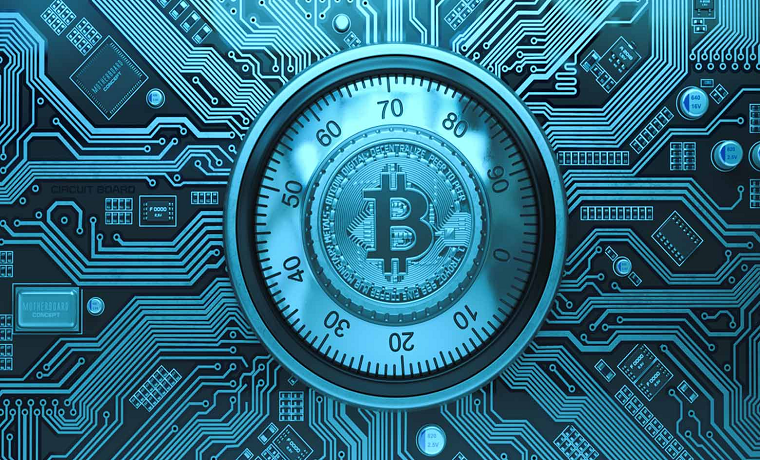Cyber security is one of the leading benefits that blockchain gives the world. Billions of people are connected to digital and wireless devices now.
These technologies, however, are prone to malfunctions and hacks, which could lead to breaches of your private life.
The technology we use is advancing, but with the internet so prevalent, the changing world is also an exposed one. Without something in place, online banks, stores and common users have no real protection.
Anonymous Transactions
Blockchains are impressive algorithms that work in a continuous flow. The flow of algorithmic processes are designed to stay anonymous.
Sure, cryptocurrencies have a reputation for this, but that reputation is only possible through blockchain technology. There is no way to say, for example, who owns what private and public keys or how much crypto they have.
The structure of blockchain doesn’t even rely on data points like location or the name of an active user.
Encrypted Data Blocks
Blockchain, as its name might imply, creates a chain of data that’s blocked or protected through encryption.
Each block of data that distributed ledger technology (DLT) creates holds private information by nature. What stands out in this process is how the secrecy of each block is achieved.
Cryptography was a science practiced in WWII as countries encrypted their radio messages. The same science applies to blockchain and how it protects society’s information.
Decentralization
Decentralization is a reference to a public system that has no central authority. This decentralization is a benefit to those who hope to protect their identities.
Central authorities, more so when governing people, want to know who is who and what they’re doing. For this reason, the global monetary system issued IDs to identify its citizen users.
Decentralization doesn’t need identity confirmations but instead uses decentralized identity (DID).
Automated Controls
Blockchain achieves a high standard of safety with the help of automation. Being an algorithm means that DLT can automate actions based on your presets. Just keep in mind that blockchain goes beyond the cryptocurrency markets with applications in industries like cyber security, supply chain, ecommerce and more.
Like any other algorithmic language, blockchain can be programmed to do anything. Its particular structure, however, gives it security specs that common coding doesn’t offer. Those security specs get automated without human effort.
The Smart Contract Revolution
Smart contracts are those that get automated via blockchain. These contracts are considered safe because they set the rules, outcomes and terms for parties to use. Smart contracts also enable proofing.
Zero-knowledge proof is a safety feature of blockchain. Think of a user sharing data to confirm their identity. Entering data into the wrong portal or one that’s been hacked is risky. Zero-knowledge proof allows DLT to verify identity but without asking for data from a user.
Blockchain – An Endless World of Innovation
Artificial intelligence and data analysis is also leading the way to greater security. Data analysis enables AI to determine when someone, for example, is being untruthful.
Through machine learning, blockchain is empowered as society can rely on cognitive computing for cyber security.

